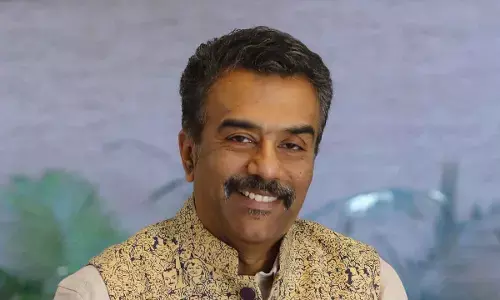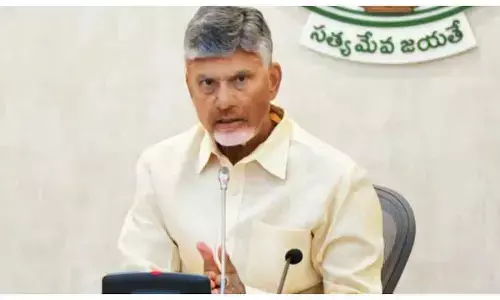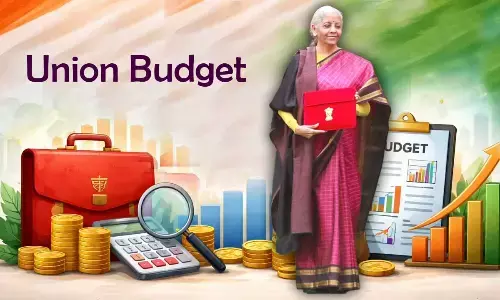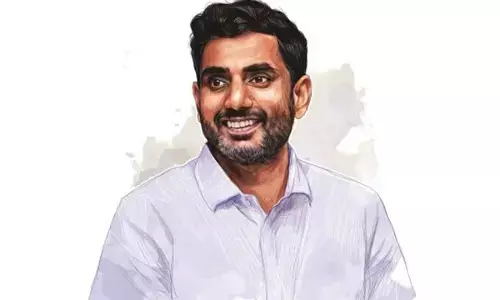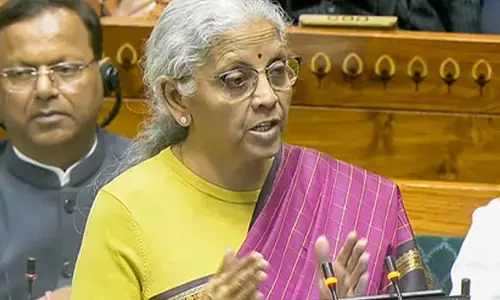Vaccine and pandemic politics
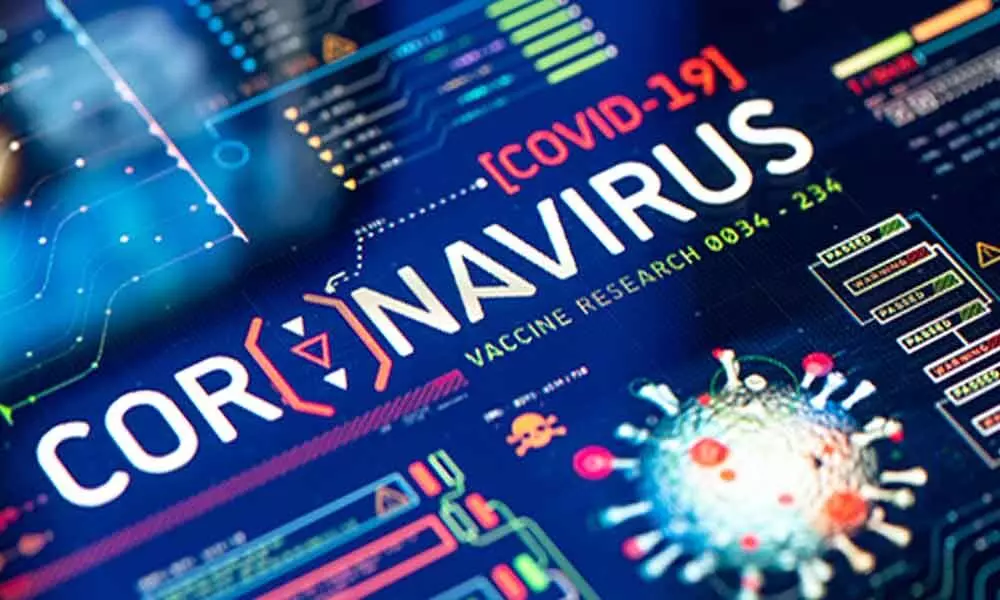
Vaccine and pandemic politics
Experience shows that, in response to pandemics, national governments tend to follow their own interests instead of pursuing a more globally coordinated approach
Experience shows that, in response to pandemics, national governments tend to follow their own interests instead of pursuing a more globally coordinated approach. This nationalistic behaviour could have negative consequences on how well the Covid-19 global pandemic is managed and contained.
A situation in which countries push to get first access to a supply of vaccines, potentially hoarding key components for vaccine production, has been commonly referred to as 'vaccine nationalism'.
Any resource is utilised first by a developed country. After antiretroviral therapies for suppressing HIV became widely available in the United States and Europe in 1997, it took almost seven years — and millions of deaths — for them to be distributed across Africa, reports suggested.
While the H1N1 pandemic was erupting in the spring of 2009, the United States and other rich countries paid to reserve virtually the entire supply of potential vaccines — agreeing to release 10 per cent of it to developing countries only after it became clear months later that the virus was less deadly than originally thought.
Today, the planet seems just as unlikely to operate as one big, happy family. It just does not happen. Even within an individual family, it does not happen. When the Covid-19 pandemic struck, more than 70 countries seized control of medical supplies to prevent them from being shared or sold abroad. After the antiviral drug Remdesivir showed promise, the United States bought 90 per cent of the global supply.
Already, wealthy countries that make up just 13 per cent of the global population have pre-purchased more than half of the vaccine that major companies have pledged to produce, according to the aid organization Oxfam. The United States pre-purchased 800 million doses of various experimental vaccines in a bet that at least one candidate will prove safe and effective.
Operation Warp Speed — the multi-billion-dollar U.S. government partnership with several private companies to develop, manufacture and distribute vaccines — may eventually benefit poorer countries, but it is not clear when.
That leaves developing countries with two options. The first is to wait it out. COVAX, a global partnership co-led by the WHO, plans to pool vaccines and make them available in low-income countries for healthcare workers and people at high risk of dying from the virus. The effort is lagging because the White House has refused to pay into the fund.
The second option is vaccine diplomacy. That's where China and Russia come in. China has been on a tear in recent years to expand its global influence, funding oil pipelines, maritime networks and other infrastructure projects that could eventually stretch across more than 100 countries. The pandemic — and the worldwide need for a vaccine — presented a unique opportunity to exercise soft power.
More important to China is being able to vaccinate people in Cambodia, Laos, Burma, Thailand, the Philippines and Vietnam in hopes of recruiting allies and marshaling support for its overseas agenda, including claims over disputed territory in the South China Sea.
It's getting really confusing for the leaders of the developing world. The Russian and Chinese shots may be risky but the American and European shots will come too late and may be very expensive. Vaccine nationalism could lead to the unequal allocation of Covid-19 vaccines and cost the global economy up to $1.2 trillion a year in GDP terms, studies indicate.








